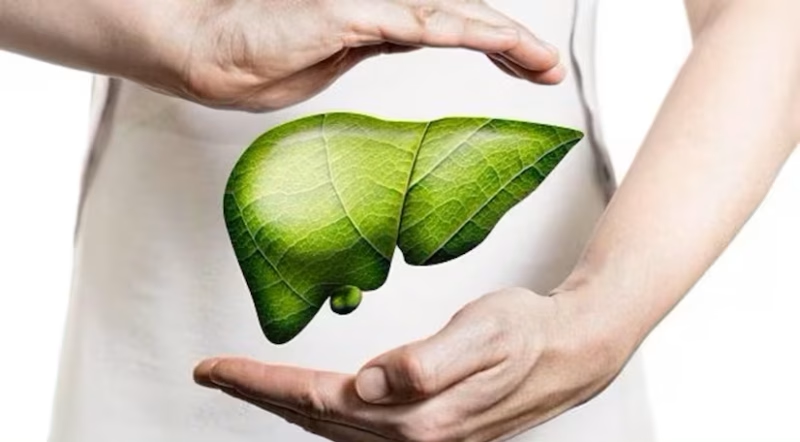Today is World Liver Day, a time to show some love to one of the most important (and often overlooked) organs in our body — the liver. It works hard every single day, helping to digest food, filter toxins, store energy, and keep our bodies running smoothly. But like any other organ, it’s vulnerable — and one of the most serious threats it can face is liver cancer.
What Is Liver Cancer, Anyway?
Liver cancer happens when cells in the liver start growing uncontrollably. The most common type is called hepatocellular carcinoma (HCC). It can be sneaky — showing up without obvious symptoms at first — and by the time it’s found, it’s often in an advanced stage.

Photo from business-standard
Who’s at Risk?
And sometimes, people may have no obvious risk factors — which is why understanding general liver health is just as important.
-
Chronic liver diseases like hepatitis B or C
-
Heavy drinking over a long time
-
Fatty liver disease, often linked to obesity and diabetes
-
Family history of liver conditions
-
Exposure to certain toxins, like aflatoxins (found in some poorly stored foods)
Signs to Watch For
Liver cancer doesn’t always shout its presence. Sometimes it whispers — or stays silent — until it’s grown quite a bit. But some signs that should never be ignored include:
-
Unexplained weight loss
-
Loss of appetite
-
Pain or a lump in the upper belly
-
Yellowing of the skin or eyes (jaundice)
-
Feeling tired all the time
-
Swelling in the abdomen
If something feels off, it’s worth getting checked out, especially if you have risk factors.
How Is It Diagnosed?
Doctors often use imaging tests like ultrasounds, CT scans, or MRIs. A blood test (checking for something called AFP — alpha-fetoprotein) might also help. If they see something suspicious, they might do a biopsy to be sure.
What Can Be Done About It?
Treatment depends on how advanced the cancer is and how healthy the liver is overall. Options include:
-
Surgery to remove the tumor or even replace the liver (in some cases)
-
Ablation – a fancy word for destroying cancer cells using heat or other methods
-
Chemotherapy or newer drugs that target specific cancer cell behaviors
-
Immunotherapy, which helps your body’s immune system fight back
Thanks to research, there are more treatment options now than ever before, especially for advanced cases.
Can It Be Prevented?
Not always — but there’s a lot we can do to reduce the risk:
-
Get vaccinated against hepatitis B
-
Treat hepatitis C if you have it
-
Cut down on alcohol
-
Maintain a healthy weight
-
Get regular checkups if you have liver disease or other risk factors
Final Thoughts
On World Liver Day, let’s remember how incredible — and vulnerable — the liver is. Liver cancer can be serious, but with awareness, early detection, and better treatments, there’s hope.
So today, maybe take a moment to think about your liver, check in on your health, or share this info with someone who might need it. A little awareness can go a long way.
A Gentle Reminder on World Liver Day
Your liver works silently, doing hundreds of jobs every single day — so take care of it the way it takes care of you. Know the risks, listen to your body, and don’t ignore warning signs.
Take a moment today to talk to your doctor if you’re at risk. Share this post, start the conversation, and help raise awareness.
And if you’re looking for trusted updates and real conversations around cancer care, research, and advocacy — follow OncoDaily. We’re here to keep you informed and inspired, one story at a time.
By: Md Foorquan Hashmi, MD, Sr. Editor, OncoDaily: India Bureau


